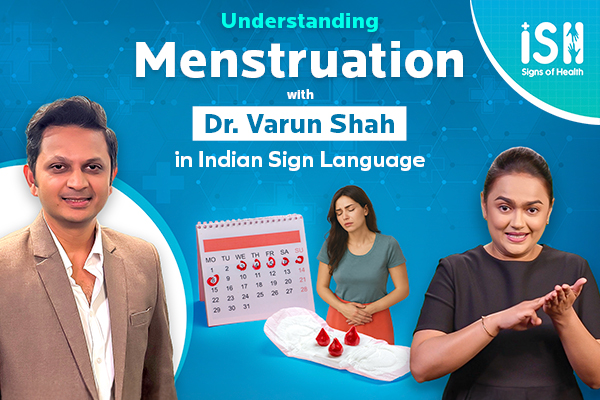Part 1 : BMC’s Home Isolation Guidelines for Patients
The BRIHANMUMBAI MUNICIPAL CORPORATION has released their Home Isolation Guidelines for COVID-19 patients who are isolating at home. Watch our latest video to learn all about these guidelines in India
The BRIHANMUMBAI MUNICIPAL CORPORATION has released their Home Isolation Guidelines for COVID-19 patients who are isolating at home. They have created guidelines for the patient as well as the caregiver.In this video we will be telling you the rules that must be followed by the patient at home.
-
Download Arogya Setu App and it has to be active at all times.
-
Create Home Isolation rules for yourself.
-
Separate well ventilated room with attached / dedicated toilets. Do not share space with other family members.
-
Don’t share personal items (utensils, towels,linen, clothes, etc) with other people.
-
Strictly follow the physician’s instructions and take your routine medications as prescribed by your doctor.
-
Early Warning Signs
-
Difficulty in breathing.
-
Oxygen saturation less than 95% (measured on fingertip pulse oximeter)
-
Persistent fever more than 100ºF
-
Persistent pain / pressure in the chest or cough.
-
If symptoms continue, contact the doctor immediately.
4. Self Monitoring
Strictly follow the physician’s instructions and take your routine medications as prescribed by your doctor.
Keep the BMC updated about your health status.
HOW TO SELF-MONITOR?
Do the following health checks thrice a day or every 8 hourly:
-
Temperature checks (a normal range is 97ºF-99ºF or 36.1ºC-37.2ºC)
-
Measure your oxygen saturation by placing your middle finger in the pulse oximeter (Normal range is more than 95%).
-
6 minute walk test: Measure your oxygen after mild exertion activity like a 6 minute walk in your room and measure if there is any drop in the oxygen level.
-
Continue monitoring blood pressure / blood sugar if required.
-
Keep a record of your temperature, oxygen saturation level and other symptoms in a register.
-
Senior citizens and patients having comorbidities like Diabetes, High Blood Pressure, Asthma, Cancer, Kidney / Lung / Heart diseases have to take special care and consult their doctor regularly.
5. OTHER SYMPTOMS
These are the symptoms of COVID-19:
Sore throat, Fatigue, Body aches, Running nose/cold, Loss of smell and taste, Headache, Vomiting, Loose motions. If you experience any other new symptoms or if any of your symptoms become worse, consult your doctor regularly for treatment.
6. MAINTAIN HAND HYGIENE AND OTHER HYGIENE ETIQUETTES.
-
Sneeze/cough on your elbows.
-
Wash your hands with soap and water for at least 40 seconds.
-
Ideally, wash hands every 2 hours / before and after eating / after using the toilet / and whenever hands look dirty. Use dedicated clean hand towels for drying your hands.
-
Alcohol-based hand rub (having >60% alcohol) can be used, if hands are not visibly soiled.
-
Clean surfaces in the room that are touched often (tabletops, doorknobs, handles, etc.) once or twice a day with antiseptic liquid.
7. USE MASK
-
Wear a triple layer medical mask appropriately (covering both mouth and nose and well fitted to the face) all the time.
Discard the mask properly after 8 hours. Or when they become wet or visibly soiled.
-
Before throwing the mask make sure to disinfect it with antiseptic liquid for 15 mins.
8. REST, DIET, NUTRITION, AND EXERCISE
-
Take adequate rest 7-8 hrs a day
-
Drink lots of fluids to maintain adequate hydration. Water intake: 8-10 cups.
-
Steam inhalation and warm water gargles.
-
Do meditation or yoga to de-stress yourself.
-
Diet – Eat a healthy high protein diet, with three meals per day, containing adequate vegetables and fruits. Protein rich food: Pulses if vegetarian / Egg if non-vegetarian.
-
Strictly avoid alcohol intake / smoking if the patient has any such habits.
9. UNDERSTAND THAT THE PROCESS IS ‘PHYSICAL’ ISOLATION AND NOT ‘EMOTIONAL’ ISOLATION.
-
Keep contact with family members or relatives and friends over a phone and video call.
-
Watch Television & Play games on Laptops.
-
Read books.
Stay tuned for our next video in which we talk about Guidelines to be followed by Caretakers.







